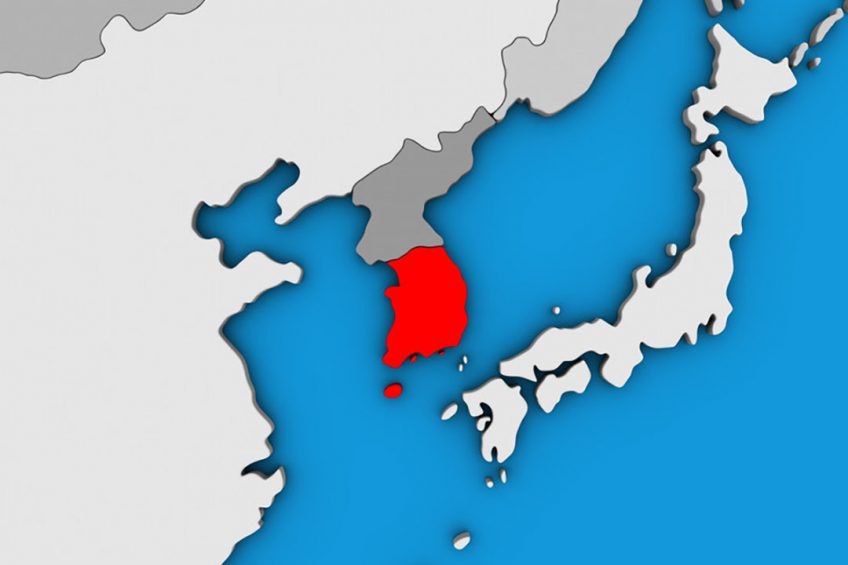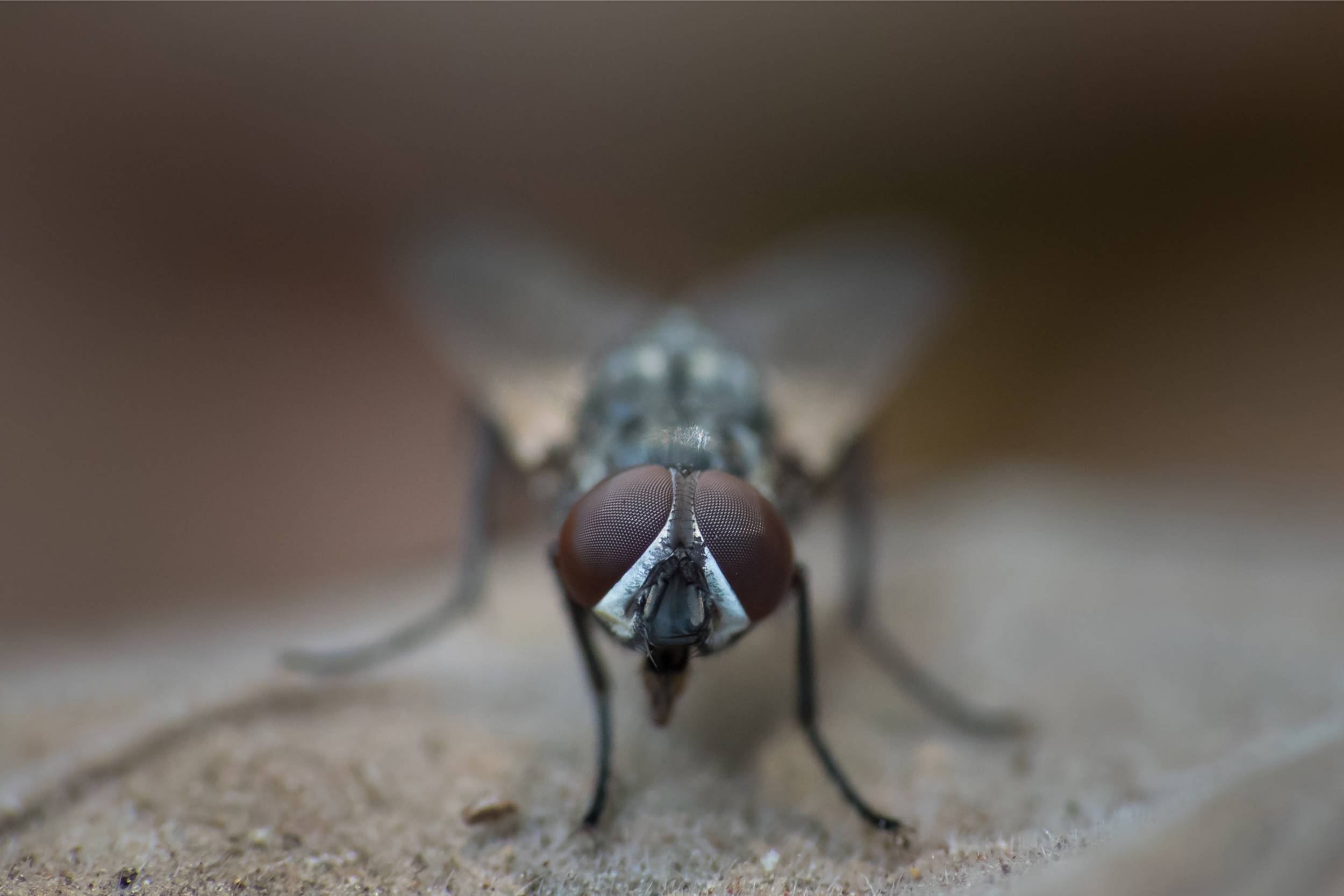African Swine Fever confirmed on 2 farms in South Korea

African Swine Fever is continuing its march through Asia, as South Korea confirmed 3 farms infected with the virus, all in the province Gyeonggi-do in the north of the country.
According the reports, submitted to the World Organization for Animal Health (OIE), the virus was first discovered on September 16, at a farm north of the capital Seoul, not too far from the demilitarised zone with North Korea. The farm had 2,450 animals, of which 5 had fallen ill and died because of the virus. The remainder of the animals had to be culled.
One day later, another farm, located a bit more east, reported a dead pig that had died because of ASF. On this farm there were 4,732 animals, that all had to be culled.
A 3rd outbreak was confirmed by the Korean Ministry of Agriculture, Food and Rural Affairs (Mafra) on September 23, near the town Gimpo. This happened on a farm with 1,800 animals.
North Korea reported ASF in late May, at a location in the north of the country. Ever since it has been quiet around the topic of ASF in North Korea and it is not clear what is happening there.
Asia holding its breath for ASF
In the meantime, the whole of Asia is holding its breath for what is going to come next. The Philippine authorities have reported that also in the provinces Bulacan and Quezon City ASF has been confirmed, although the OIE so far has only reported outbreaks in Rizal province. All provinces are relatively close to Manila.
Equally worrisome is that the authorities in Chiang Rai province in northern Thailand have also started culling pigs in a 5km radius around a smaller suspect farm in the far north. The authorities culled in total over 200 animals to be on the safe side. It will take two weeks before there will be clarity as to the cause of health problems there.
10th country to be infected
With South Korea confirming the virus within its borders, the number of countries affected by ASF in Asia is 10. After the Asian part of Russia, China and Mongolia got infected, just like Vietnam, Cambodia, Laos, Myanmar, the Philippines and North and South Korea.











